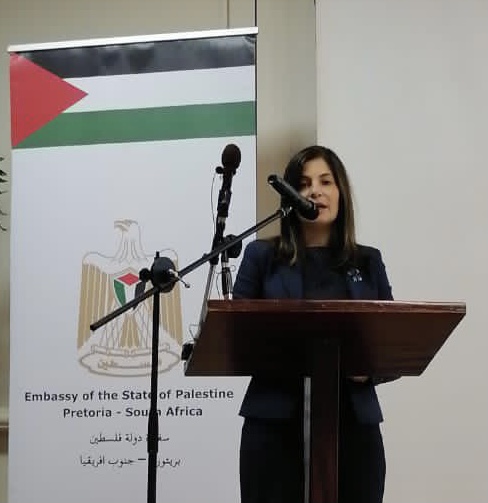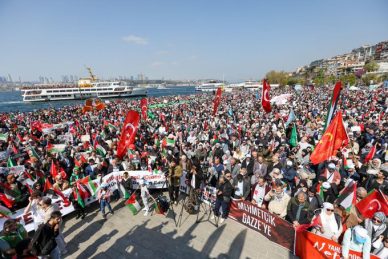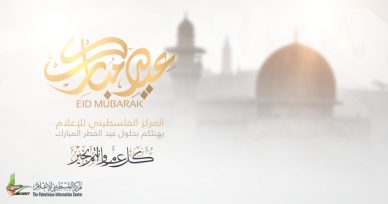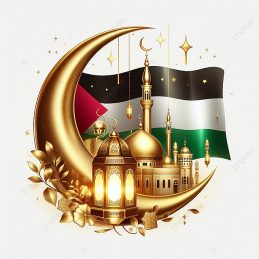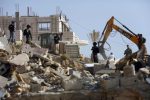On Monday African diplomats serving in South Africa as well as civil society groups in the country called out the UN for its inaction on Palestine and its failure to end Israel’s half-century occupation of Palestine.
“Reform of the United Nations is paramount to achieve justice for the Palestinians” said Alvin Botes South Africa’s Deputy Minister of International Relations. Botes made the comments in Pretoria while addressing members of the diplomatic corps during a commemoration of the United Nations International Day of Solidarity with the Palestinian People.
The event was held under the theme of “Palestine in Africa” and was hosted by South Africa’s Department of International Relations and Cooperation (DIRCO); South Africa’s Department of Arts Culture and Sport; the Embassy of Palestine in South Africa; together with the United Nations South Africa and solidarity group Africa 4 Palestine.
At the heart of UN inaction on Palestine is a UN Security Council that is stuck in the past and bears no resemblance to the current global landscape – politically or demographically. While UN membership has expanded dramatically since 1945 from 51 to 193 nations key decisions on the world’s peace and security are the de-facto domain of just five countries: China France Russia the United Kingdom and the United States. Shockingly African countries make up almost one third of UN members yet the continent has no permanent representation at the Security Council. For decades Israel has been shielded from accountability by the United States’ veto power.
“South Africa will be chairing the UN Security Council for December and Kenya will fill an African seat on the Security Council in 2021-2022 replacing South Africa in January. Africa has a responsibility to use these positions to work for Palestine” Botes said.
Lesotho’s Deputy Foreign Affairs Minister Machesetsa Mofomobe said that the UN must take a principled position on the colonization of one country over another. “The UN has a duty to pursue the decolonization of Palestine…There is no accountability and redress for Palestinian victims of human rights violations” Mofomobe said adding that Lesotho gave its full support to the Palestinians in their legitimate struggle for self-determination.
Representing the World Council of Churches (WCC) Revered Frank Chikane echoed Botes and Mofomobe’s sentiments. “Poor and weaker nations are forced to comply with international law while rich and powerful countries are not” Chikane said.
Palestinian ambassador to South Africa Hanan Jarrar was particularly pleased at the presence of a large number of African diplomats. “Their presence today reflects the deeply-rooted bonds between African liberation and anti-colonial struggles and the struggle of the Palestinian people. The African struggle against European colonialism and domination is also the struggle of the Palestinian people against the Israeli colonisation of Palestine. Ours is a shared struggle and there is a deep-seated historic solidarity between the peoples of Africa and Palestine” Jarrar said.
Jarrar added that Palestinians are inspired by Africa’s liberation struggle and its former leaders and urged African diplomats not to veer from their legacies of fighting for global justice and to continue supporting the occupied and colonized Palestinian people.
“Africa’s solidarity – along with the rest of the Global South – is a vital pillar in our struggle against colonization and occupation. And we hope that through international co-operation you will ensure that justice for Palestine is achieved” Jarrar told the diplomats.
There was also a significant presence of Arab ambassadors at the event with Omani ambassador Mubarak Bin Salim Ali-Zakwani delivering a message of support as the Dean of Arab Ambassadors.
In 1977 the UN General Assembly called for the annual observance of 29 November as the International Day of Solidarity with the Palestinian People. The day is a reminder that the Palestinian people have yet to attain their state.
Similar commemorations such as the one in Pretoria are being planned in Ghana Senegal Zambia Mali Ivory Coast and Zimbabwe.

